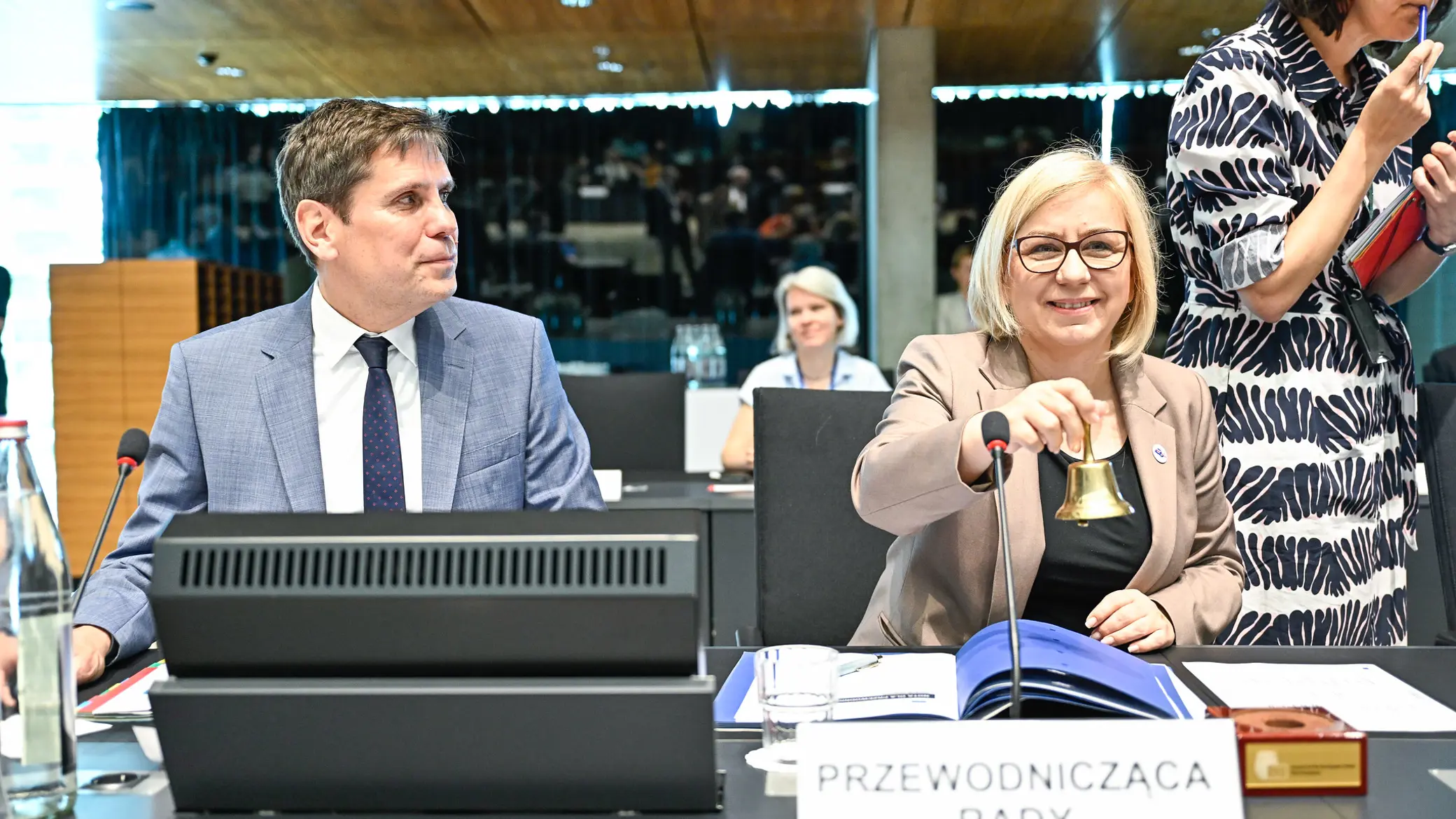Europe rethinks deforestation law to prevent supply shocks
EU states seek a one-year delay to the anti-deforestation law as traceability requirements strain supply chains. Compliance costs risk excluding small producers and shifting sourcing to large players, while European staples and logistics firms reassess procurement.

Europe’s anti-deforestation regulation was designed as a global standard-setter. It requires companies importing or selling commodities such as palm oil, cocoa, soy, cattle, coffee, timber, and rubber to prove products are not linked to deforestation anywhere in the world. Now, several EU member states are seeking a one-year delay. The request is not ideological — it reflects operational stress. The regulation demands geolocation data for every plot of land in the supply chain. For multinationals with thousands of smallholders, this is a data-architecture problem, not a climate-ambition problem.
The mechanism behind the pushback is a mismatch between regulatory speed and industrial readiness. Most European consumer-goods and materials companies lack full traceability beyond Tier-1 suppliers. Raw agricultural inputs can change ownership multiple times before entering the EU. Requiring precise GPS coordinates introduces compliance risk far earlier in the chain than existing ESG frameworks. If firms cannot verify land origin at the farm level, they must suspend sourcing — even if no deforestation occurred. That threat forces procurement officers to consider shifting to already-certified suppliers, which risks excluding small farmers in emerging markets and concentrating market power among a few certified players.
The economic consequence is a potential supply-chain liquidity shock. Forced de-risking leads to higher working-capital needs and inventory buffers, because firms will stockpile certified material while they build traceability systems. Retailers and food manufacturers face the possibility of margin compression if commodity prices rise due to constrained supply. European corporates have already begun renegotiating contracts to insert traceability clauses — a sign that operational stress is real. In past regulatory transitions, such as REACH chemical rules, compliance costs drove consolidation and created barriers to entry. The anti-deforestation regulation could have similar industrial-structure effects.
Emerging markets feel the intensity more acutely. Small producers in Indonesia, Côte d’Ivoire, Ghana, and Brazil operate with thin margins and limited digital infrastructure. While they are willing to comply, the cost of mapping farmland, upgrading record-keeping, and securing third-party certification rises multiple times above what large plantations pay. Without a transition period or financing bridge, the regulation risks excluding exactly the actors the EU claims to help integrate into sustainable value chains. Several EU governments now argue that a delay is necessary to avoid a bifurcated market where “compliant” commodities come from large industrial producers while smallholders are pushed out.
For financial markets, the regulation is not just environmental policy — it is a credit-allocation filter. Banks and insurers are under parallel obligations to disclose financed emissions and nature-related risks. If the regulation proceeds without transition windows, lenders may restrict credit to small agribusiness exporters lacking geolocation proof. That would reduce dollar liquidity into emerging-market commodity corridors and could reinforce commodity-price volatility. Companies with traceability already embedded into ERP systems — particularly European consumer staples multinationals and certification-tech platforms — stand to benefit.
The delay request should not be misread as Europe retreating from climate commitments. Instead, it reflects recognition that climate regulation without transition architecture introduces physical-market instability. Regulators are learning that transparency mandates must scale gradually with technology adoption. A phased approach — first on large plantations, then on structured cooperatives, then on fragmented smallholder networks — would preserve climate integrity without creating trade bottlenecks.
Over the next twelve months, three measurable indicators will determine direction. First, whether member states secure a formal delay and under what conditions. Second, the pace at which companies digitize traceability systems, including satellite-based monitoring and QR-linked batch tracking. Third, procurement shifts — if firms begin reallocating sourcing away from uncertified small suppliers, consolidation risk materializes. If the delay is granted and transition financing is provided, Europe can still achieve climate integrity without introducing supply-chain shock.





